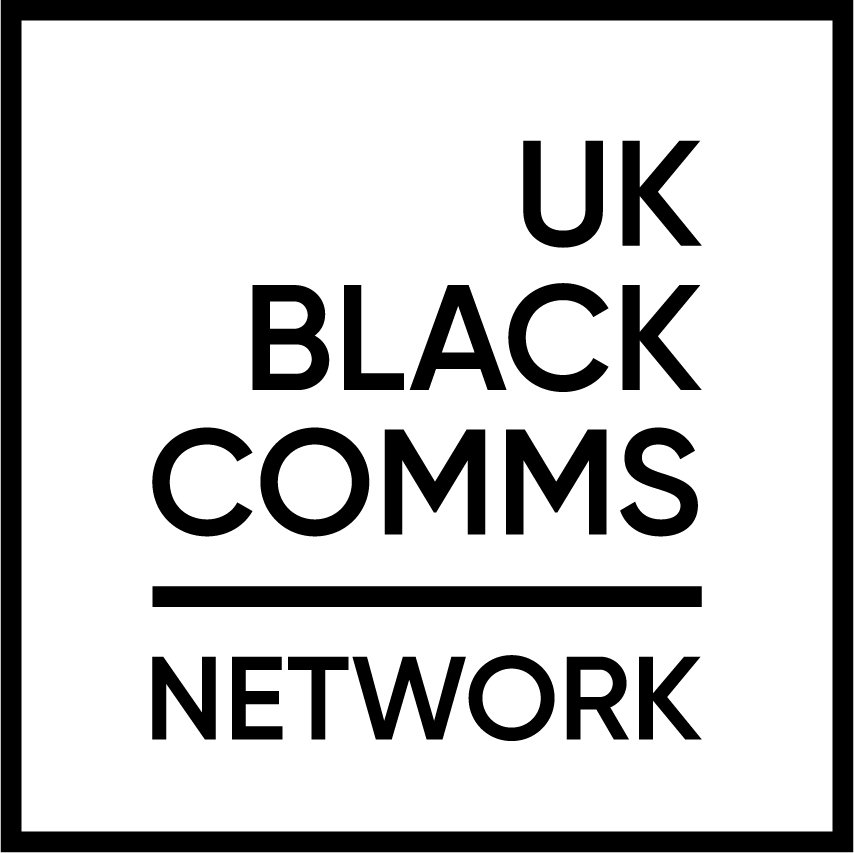4 key takeways from our Reputation & Responsibility webinar
In recent months we have heard stories about the BBC, BrewDog, and The Royal Family facing high profile criticism that question their reputation and responsibility.
In a world where we see greater demand for transparency and accountability, we wonder how much should you tell the public and when should you communicate? Getting it right is vital, for success and preservation and also to keep stress levels low!
So, on Wednesday 9th June we welcomed industry leaders to weigh in, debate and discuss the topic including:
· Matt Brown Director of News & External Relations at Transport for London
· Mammy Maguire Head of Student Communications and social media at The Manchester Metropolitan University
· Veronica Patton-Cemm Associate Director at Teneo
The lively and fun discussion was hosted by our Head of Comms Addy Frederick.
Here are our top four takeaways:
When a crisis hits and you need to respond, think: what are you trying to say and who are you trying to say it to? It is about providing context, strategy, and perspective that will instill trust in your audience. Who is the spokesperson and are they the most relevant person for the topic? For example, if the crisis is about a data breach, put your CTO forward who is the expert and has media training to answer the main questions.
We all know that a crisis happens when we least expect it and there’s no time to plan in advance. But you can plan your stakeholder management to collate a list that says: who’s in charge, who’s making decisions, and who needs to meet when times are tough! Externally, it helps to be as transparent and proactive as possible to reassure people that you’re aware of the issue, you’re looking into it and you’re taking steps to rectify the issue. Show that you’ve listened, you understand and now you’re going to go away and work on it.
Having ‘one source of truth’ is vital for crisis communications to streamline communication channels. There may be times when it’s relevant to point everyone to a reputable and credible website that has wider knowledge and ownership of the situation. Also, think about how you can use different platforms to share the main pieces of information, making sure each of those channels tells the same story. It’s all about giving the audience a sense of reassurance that the issue is being taken seriously.
When a crisis starts, it’s easy to get distracted with the actions of creating FAQ’s and new website pages. When creating new material and content on your website, ensure there is ownership for the content, so it is regularly updated and not forgotten when the crisis starts to evaporate.


